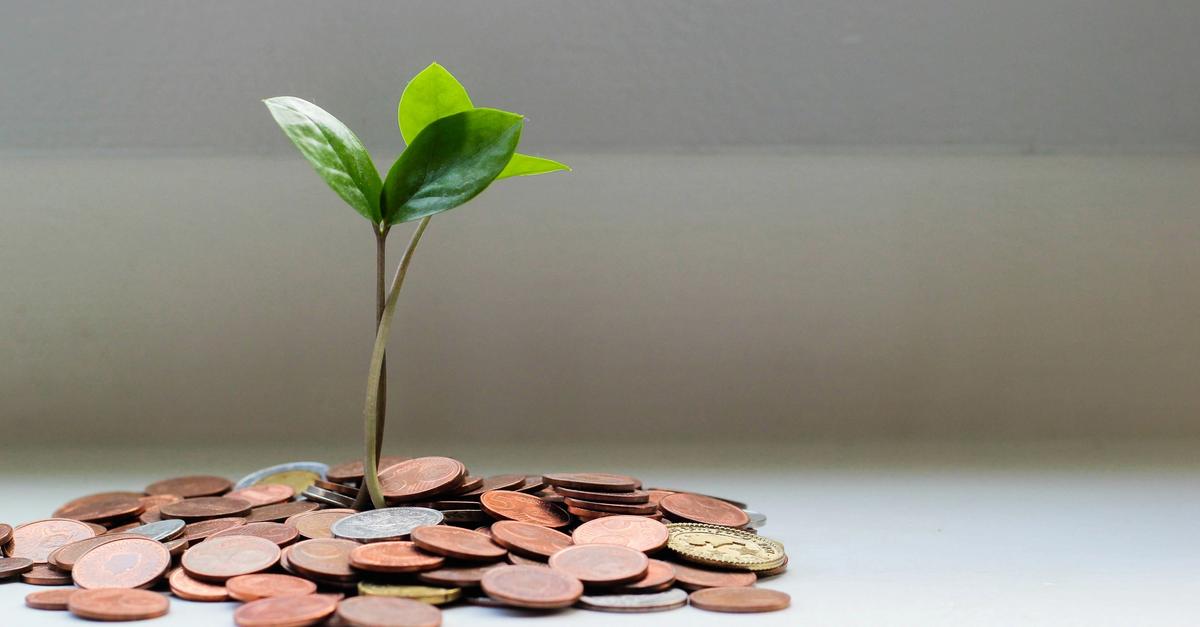Share
Saving vs. Investing


There is an age-old question in the country about how much we should save and how much we should invest. Should we invest more or should we save more? Now this question has been asked for years and years but as time has continued to move forward, it appears like the camp that favors investments has been on the money thus far. Let’s try to figure out why…
Post-World War 2, Americans used to have a tremendous savings rate. American families really saved money (something on par with the current savings rate in Mainland China). The exact reason why isn't 100% discernible but a good part of it had to do with the rationing of World War 2 and conservatism that rooted into society. During many of the horrors and life changes that came about due to the war, America become very rooted in conservatism and God-fearing family values. That’s not to say America wasn’t this way before, but the War definitely did much to instill this conservative mentality into American citizens (We are not talking politically conservative here either). Prior to this there was also the Great Depression which did a lot to play into the savings the rate increase. Consumers were genuinely a lot more weary of investing than they were due to the financial collapse decades before.
The only time the rate of savings saw such a high spike was during the early days of the COVID virus. Due to widespread uncertainty, COVID brought back so much fear that Americans once again became a nation of great savers, if only temporarily.
Now we’ve gone off on a bit of tangent but the point is, that we used to saved a great together as a country. Money wasn’t squandered but it also wasn’t invested as heavily as it is today either. Fear of investing in the stock market also lingered from prior generations and the Great Depression. A lot of this stemmed from multigenerational habits but, all in all, America saved a lot and did not invest as much as they do today.
Investing
Investing has been on an uptrend for quite a while now. A consumer’s ability to make an investment and an informed investment decision has gotten easier and easier over time. When the stock market exchange was first founded investments were made mostly in person. In recent years that has changed. Today, we no longer need stock certificates and we no longer need physical copies to verify personal ownership of stock shares. You no longer need a stock broker to call in for you and make trades on your behalf. Everything is done digitally and with a few clicks of a button you can open up a brokerage account, deposit money and make trades after signing up (sometimes with an easy and instant first-time deposit). And with the advent of the stock market index, choosing a good investment that is well diversified has gotten even easier.
The ease of investing has expanded profoundly and due to this the percentage of the population that invests has also grown profoundly. There are more investors now than ever before. Things have changed quite a bit, you no longer have to be an accredited investor to have access to an IPO. Platforms like Robinhood allow consumers access directly from their brokerage, albeit in small portions.
Some consumers are great investors while others aren’t. But everyone has the potential to get better and learn what they can in order to succeed in the stock market. And since the ability to invest has now become so easy, the number of investors has increased substantially.
Savings
Some people are great at saving money and others aren’t. Like many things in life, saving is an acquired skill. The more you practice savings and mindful shopping the better you will be for it. Saving money is great however there are times when you want to deploy capital and put it to good use. If we don’t put our money to work for us, we could have stagnation and will eventually have inflation slowly chip away at our money.
Opportunity Cost of Holding Cash
There is an opportunity cost for holding cash. Although it’s great to have an emergency fund, we don’t want to be too extreme with respect to holding cash. Some of your cash should get put towards use in various investments. It’s also highly advised that you consider that doing nothing with your money also has a cost. Leaving your money in a bank is also a decision and investment position in its own way. This doesn’t mean it’s a bad decision but these things tend to have a middle ground. So, if you’re not in the middle ground, you should definitely consider saving more or consider putting more of your cash to good use.
In many ways you cannot invest without saving so these two things aren’t necessarily mutually exclusive. It's nearly impossible to perfectly time the market but we can try our best to make good decisions and use our logic and reasoning when investing. In the long term, this will help us adapt an effective strategy.